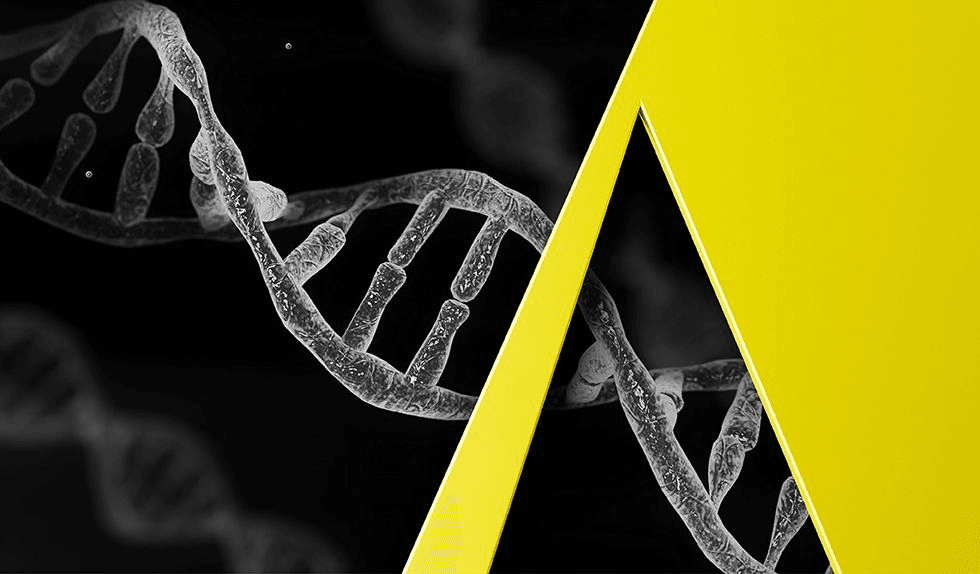On April 10, 2025, the Food and Drug Administration (FDA) announced its plan to replace animal testing in the development of monoclonal antibody therapies and other drugs in one of the first announcements by the agency since Commissioner Makary was confirmed to lead it. In its announcement, FDA highlighted that this more modern approach is designed to improve drug safety and accelerate the evaluation process, while also reducing animal experimentation, lowering research and development costs, and lowering drug prices.
This announcement is significant because of the role animal testing has traditionally played in drug development, often as a precursor to human clinical trials. The agency’s announcement outlines that the animal testing requirement will be reduced, refined, or potentially replaced using a variety of approaches, such as AI-based computational models of toxicity and cell lines as well as organoid toxicity testing in a laboratory setting (so-called New Approach Methodologies or NAMs data). Implementation of these new approaches will be immediate in investigational new drug (IND) applications, which is further outlined in a roadmap FDA released in conjunction with the announcement. The agency also noted that to make determinations of efficacy, FDA will begin using pre-existing, real-world safety data from other countries, with comparable regulatory standards, where the drug has already been studied in humans.
The issue of phasing out animal testing requirements has also been an area of focus for Congress. FDA’s announcement comes in tandem with continued bipartisan legislative efforts by members of Congress seeking to reduce animal testing. On April 11, 2025, a bipartisan group of House members introduced the FDA Modernization Act 3.0, which would require FDA to carry out provisions intended to reduce unnecessary animal testing for drug development by fully implementing the FDA Modernization Act 2.0, which was signed into law in 2022 (P.L. 117-328).


